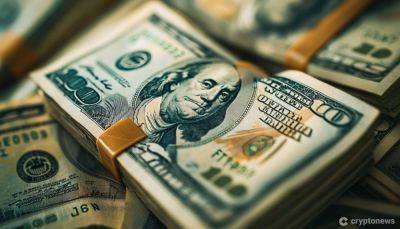China's plan to boost consumption by encouraging trade-ins has yet to show results
BEIJING — China's plan to boost consumption by encouraging trade-ins has yet to show significant results, several businesses told CNBC.
China in July announced allocation of 300 billion yuan ($41.5 billion) in ultra-long special government bonds to expand its existing trade-in and equipment upgrade policy, in its bid to boost consumption.
Half that amount is aimed at subsidizing trade-ins of cars, home appliances and other bigger-ticket consumer goods, while the rest is for supporting upgrades of large equipment such as elevators. Local governments can use the ultra-long government bonds to subsidize certain purchases by consumers and businesses.
While the targeted move to boost consumption surprised analysts, the measures still require China's cautious consumer to spend some money up front and have a used product to trade in.
«We are not aware of companies that have seen this translate, since the promulgation of the measures, into concrete incentives on the ground in China,» Jens Eskelund, president of the EU Chamber of Commerce in China, told reporters earlier this week.
«Our encouragement would be that now we focus on execution [for] visible, measurable results,» he said.
The chamber's analysis found that the central government policy's total budgeted amount is about 210 yuan ($29.50) per capita. Given that «only a portion of [it] will reach household consumers, it is unlikely that this scheme alone will significantly increase domestic consumption,» organization said in a report published Wednesday.
Analysts are not overly optimistic about the extent to which the trade-in program could support retail sales.
UBS Investment Bank Chief China Economist Tao Wang said in July that the new trade-in program could support the
Read more on cnbc.com



















